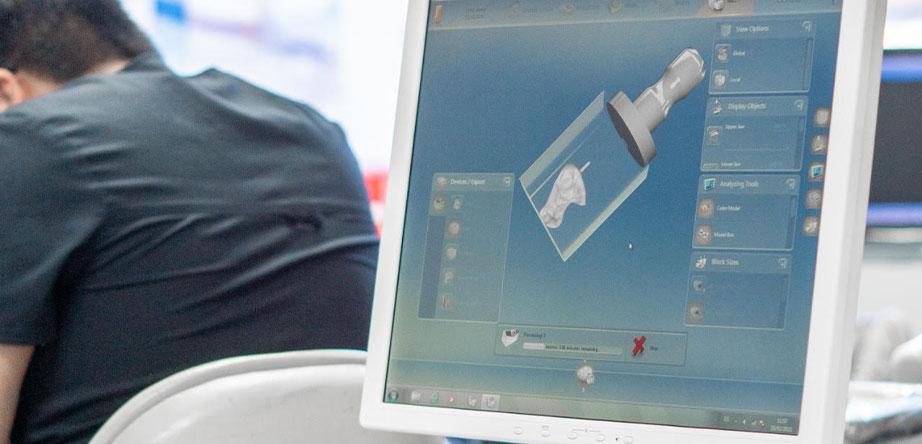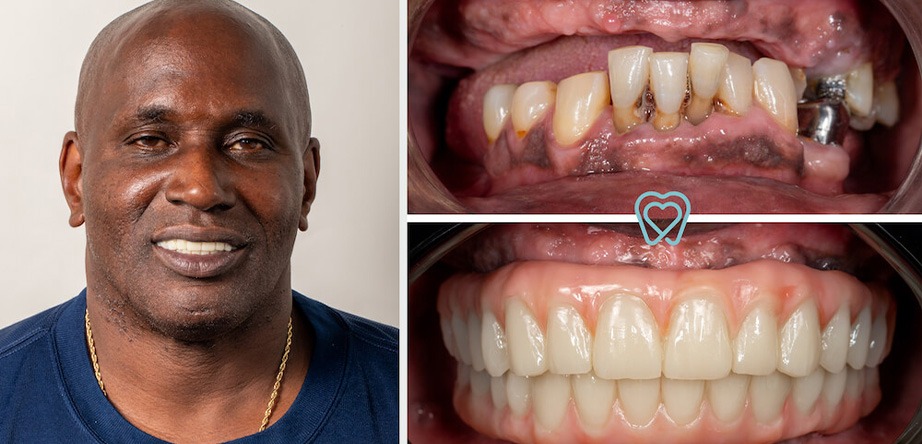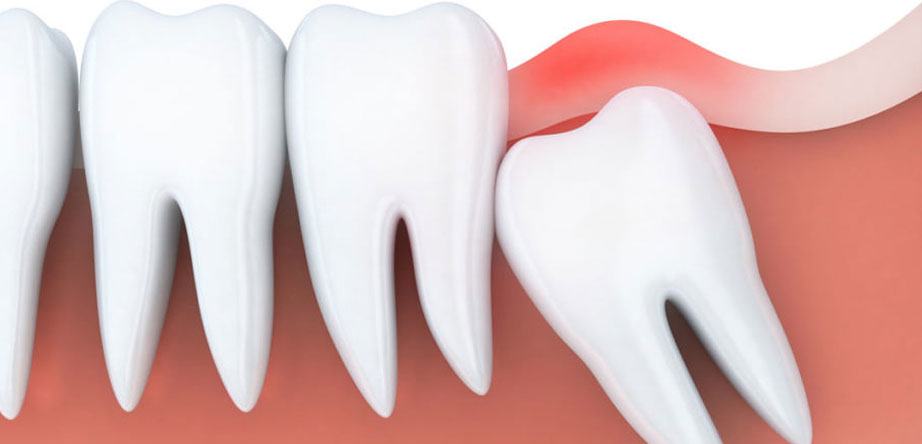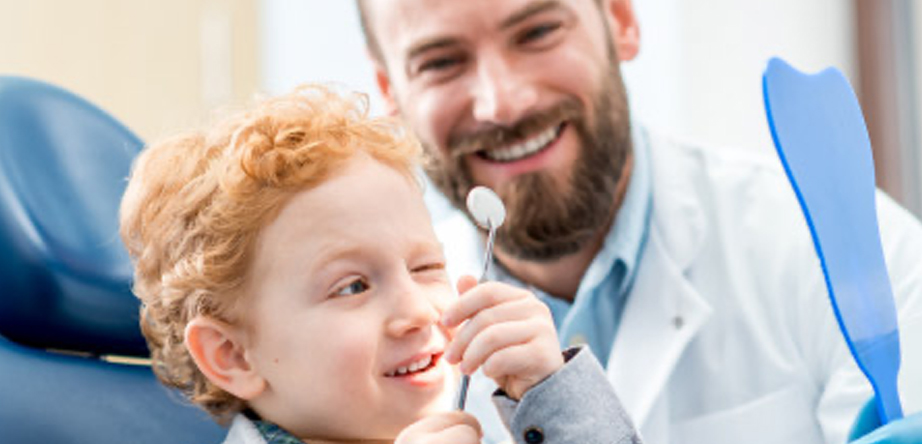
A Pediatric Dentist specialist answers the most common questions

Difference Between a General Dentist and a Pediatric Dentist
A Pediatric Dentist is a trained professional that has completed a career on General Dentistry, followed by 2-3 years of Specialty. A Pediatric Dentist can adapt the learned techniques and procedures to a child’s environment. This is more important than it seems at first glance, because we are building a foundation of trust!Not all people know how to talk with kids. A General Dentist may or may not have the right personality for treating children. When your child attends a Pediatric Dentist, you’ll see that they won’t get burned out on kids on stressful situations, like crying.
Unlike a General Dentist, a Pediatric Dentist already received training on behavior guidance. This guidance focuses on how to adapt to a child’s behavior. Their years of experience allows them to anticipate any possible problem during the visit. And know best how to avoid it.
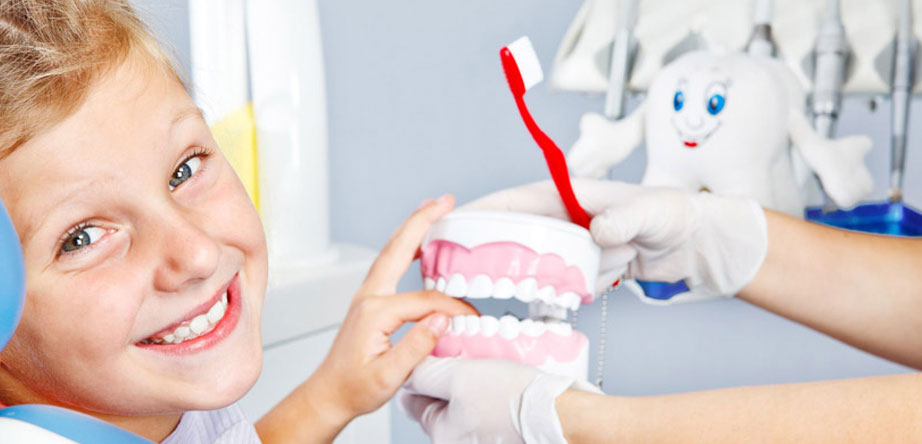
What Does a Pediatric Dentist Do?
A Pediatric Dentist is qualified to treat dental changes on children and teens. They adapt the learned techniques and procedures to a child’s environment and provide basic preventive services. They start or give follow ups on specific treatments like dental injuries, gum disease and sensitive teeth. The most common pediatric conditions are overbites, chipped teeth and caries.Kids can be a real challenge, but overall, they’re phenomenal. There are kids who just want to watch a movie and let us do our work. Others are really curious, they’re always trying to figure out what’s next.
Is It Important To Go To The Pediatric Dentist?
When you take your children to the Pediatric Dentist, you will notice that they always give great emphasis on prevention. You may be surprised to know that a child’s dental care starts even before birth!Oral health should be part of any prenatal care. Besides helping to detect oral problems, a Pediatric Dentist always helps to raise awareness. During the dental visit, talking with the family might dispel misconceptions. And it could also help to identify health risks. Talking also gives valuable information to the Pediatric Dentist.
Having a lot of caries-forming bacteria can be harmful not only to you, but to your children as well. The bacteria could find its way to your child’s mouth. Just think of this common scenario: before feeding your baby, you confirm the temperature with the baby’s spoon, or probably you like to share a bite or two from their plate. While this might look harmless, it’s making your baby prone to cavities.
When Should I Take My Child To A Pediatric Dentist?
The first dental visit should be right after the first tooth appears, but no later than the first birthday. The reason? As soon as the first tooth erupts, bacteria could start to accumulate. And you should know that bacterial colonies may cause cavities. An early dental visit lowers the risk of tooth decay in toddlers. It can also stop baby bottle tooth decay. This is a common issue when babies are used to sleep with the bottle.So, always remember: first visit by first birthday.
Expect to have a long talk during the first visit. A Pediatric Dentist’s duties never end with the patients themselves. Assuring that parents leave educated on dental health is important too. That way, they can follow any tips or instructions at home.
And What Procedures Can Pediatric Dentists Do?
During their training, part of the course work was child psychology, so their work goes beyond dental procedures. A Pediatric Dentist knows that many things can be different when treating a child. They can understand children on a different level. And they also acknowledge their dental fears & help them remain calm during the dental visit.They can provide basic preventive services:
- Oral health exams (should start at age 1 or before when teething early).
- Preventative Dental care (includes cleanings, dental sealants, nutrition advice, fluoride treatments).
- Bad Habits counseling (let’s talk about pacifier use and thumb sucking!).
And also more specific treatments:
- Treat cavities or defects.
- PCare for gum disease, heal ulcers, short frenulum.
- Tooth extractions.
- Dental injuries, like tooth fractures and knocked-out teeth.
- Treat sensitive teeth.
- Identify when the kid should be referred to orthodontists or when surgical work is necessary.
There’s more to consider, though. Younger kids or with special needs might not have developed yet some coping skills. They might not be ready to handle a dental visit without anesthesia. In those cases, an anesthesiologist determines the dosage and right type of anesthesia.
What Happens During a Pediatric Dental Visit?
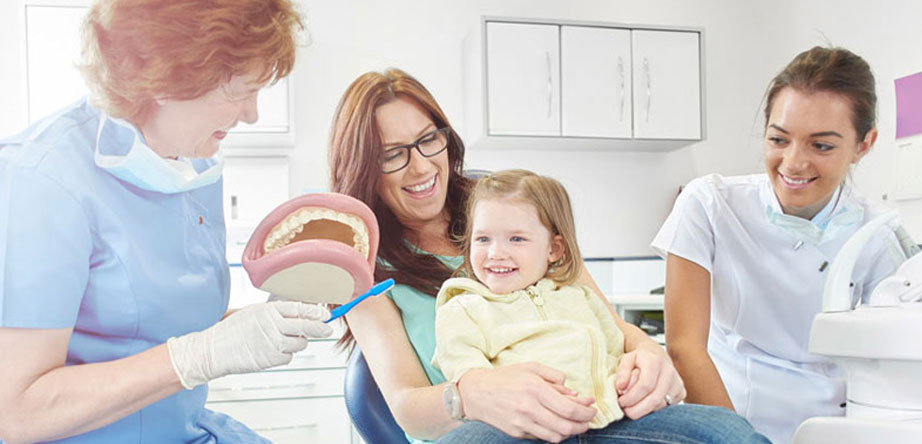
During your child’s dental visit: The pediatric specialist should make your child feel safe and at ease.
Here’s what you can expect during a typical visit:
1- Before any treatment is given: Expect a full explanation of what will happen to the patient and family.
2- If necessary, local anesthesia can be used: It eases the pain when removing teeth or treating cavities. When they need sedation or IV sedation, it has to be given by a certified anesthesiologist.
3- After completion of treatment: The dentist will consult with the patient’s family. They need to report how the treatment went, give after-care instructions and issue prescriptions. You should feel free to answer any questions.
How Often Does My Child Need To See The Pediatric Dentist?
A check-up at least every six months is recommended. This helps to prevent cavities and other dental problems.However, they can tell you when and how often your child should visit based on their personal oral health.
What To Do In Case Of a Child Dental Emergency?
In a major emergency situation that also involves teeth and mouth, first seek immediate medical treatment at 911. Once the major problem is cleared, you can look for dental emergency care. This also applies if its a minor emergency like a broken tooth.There’s always the chance to find a dental office that can do a short notice appointment. Or maybe one that’s available on a Saturday.
